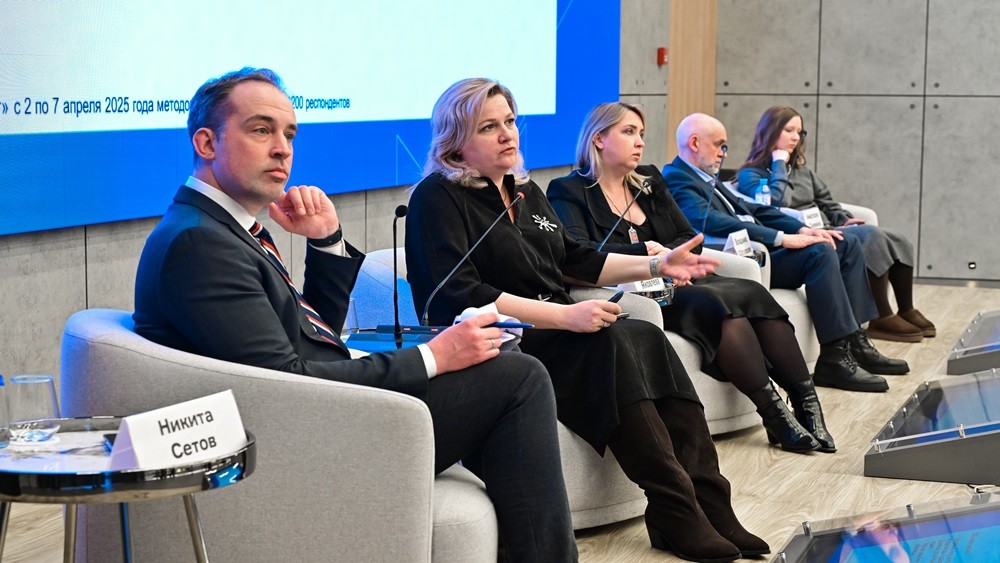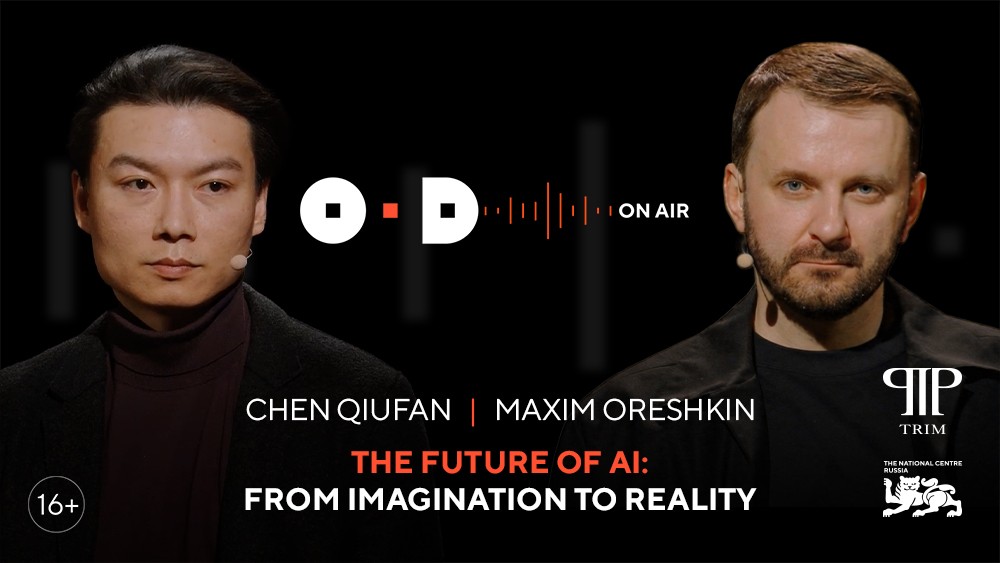REO presented the plan: 450 billion investments for solid waste management projects
The solid waste management industry needs 450 billion rubles
of investment by 2030. Facilities for the recycling and disposal of municipal
solid waste (MSW) will be built in 65 regions of Russia. Approximately 67% of
these projects will be supported by the Russian Environmental Operator.
This was announced by Sergei Korolev, Deputy Director
General of the REO for Investment Development, at the session "Transition
to a Closed Cycle Economy: A New System" on Ecology Day at the RUSSIA
EXPO.
"In fact, our pay plan includes projects worth 300
billion rubles in 65 subjects of the Russian Federation, which we are ready to
support. We even have concluded concessions. In 2024, we are ready to finance
another 90 billion rubles worth of projects. These are projects that already
have design and estimate documentation, state expert appraisal and for which a
concession agreement has been signed. That is, the pace is quite solid, we are
ahead of schedule," said Sergei Korolev.
Under the projects with the use of REO support measures,
recycling (17.4 million tons), disposal (6.6 million tons) and storage (8.3
million tons) facilities will be built in 65 subjects from 2024 to 2030.
"Sber as a backbone bank is also actively involved in
financing waste management facilities. We have already provided 60 billion
rubles for the creation of infrastructure for recycling and disposal of MSW in
10 regions of the country. Until 2026, we have planned to finance such projects
in 49 regions, and Sber's total pay line for these deals is more than 200
billion rubles. In general, according to Sber's estimates, the industry's
potential for creating sorting and recycling facilities on the horizon up to
2030 is 535 billion rubles," said Tatiana Zavyalova, Senior Vice President
for ESG at Sberbank.
Rashid Ismailov, Head of the Russian Ecological Society, emphasized the importance of the Extended Producer Responsibility (EPR) institute.
"One of the key tools for attracting investment in the
industry is, of course, the institute of extended producer responsibility. But
market players need to be stimulated to fulfill it. And there is another
ideologically important issue. Transition to a closed-cycle economy is, first
of all, a restructuring of the thinking of all industry participants:
officials, business and citizens," Rashid Ismailov noted.
Heroes today are not only defenders of the Fatherland, but also those who accomplish feats through daily work and service: volunteers, mentors and teachers.
Stavropol Region Days are being held at the National Centre RUSSIA from 24 February to 1 March.
A new episode from the podcast series "OD on Air" has been published on the website of the National Centre RUSSIA.






